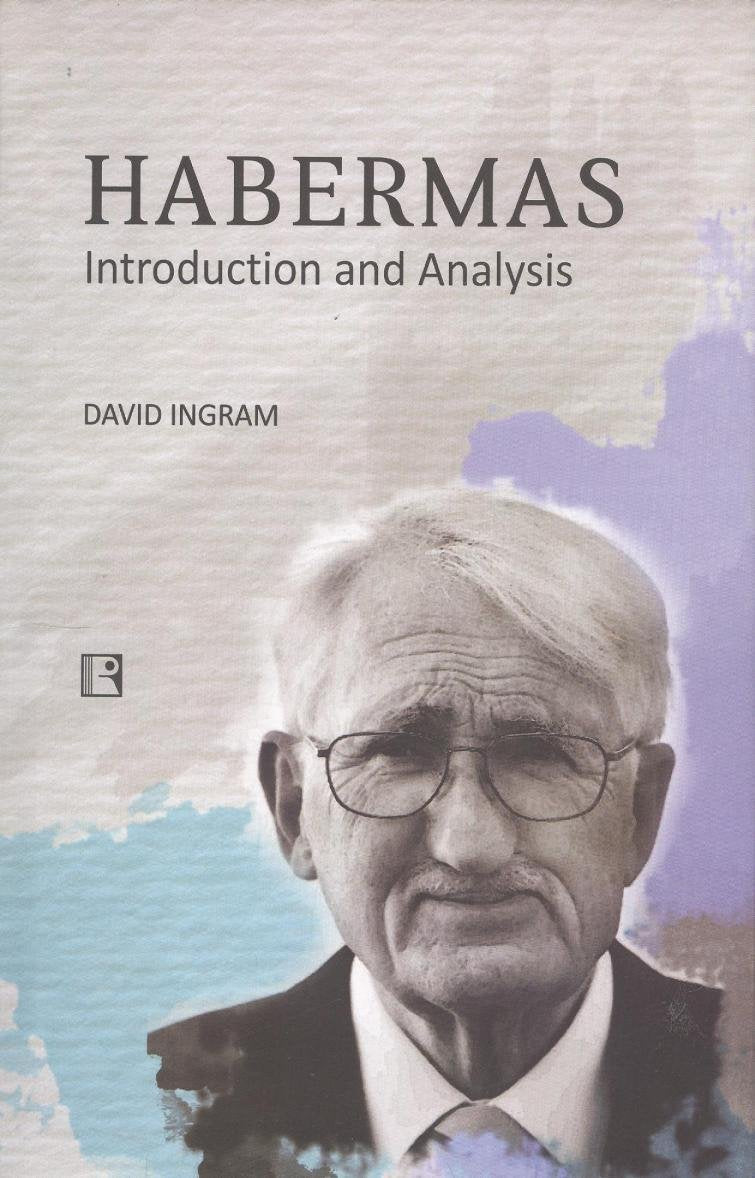Harbermas: Introduction and Analysis
Harbermas: Introduction and Analysis is backordered and will ship as soon as it is back in stock.
Couldn't load pickup availability
Genuine Products Guarantee
Genuine Products Guarantee
We guarantee 100% genuine products, and if proven otherwise, we will compensate you with 10 times the product's cost.
Delivery and Shipping
Delivery and Shipping
Products are generally ready for dispatch within 1 day and typically reach you in 3 to 5 days.
Book Details
-
Author: David Ingram
-
Publisher: Rawat Publications
-
Language: English
-
ISBN: 9788131606551
-
Pages: 380
-
Cover: Hardcover
-
Dimensions: 10.0 x 6.5 x 1.0 inches
-
Publication Year: 2014
-
Sale Territory: India
About the Book
David Ingram’s Habermas: Introduction and Analysis offers a comprehensive and accessible introduction to the influential works of Jürgen Habermas, one of the most significant philosophers of our time. Habermas’s profound contributions span multiple disciplines, including philosophy, political science, social science, religion, and law. Ingram provides an in-depth analysis of Habermas’s evolving thought from 1953 to the present, making this book an essential resource for anyone seeking to understand his complex intellectual legacy.
The book addresses key areas of Habermas’s social theory, including his recent work on global democracy, the consolidation of the European Union, and his contributions to debates on religion, freedom, and determinism. Ingram also examines how Habermas’s theories apply to real-world issues such as abortion, terrorism, genetic engineering, multiculturalism, and the separation of religion and state. With critical insights, the book explores Habermas’s stance on human rights, feminism, and the role of mass media in shaping public discourse.
Ingram not only introduces Habermas’s major ideas but also critically engages with them, offering readers a balanced view of his theories and their implications. The appendices provide essential clarification on crucial concepts such as systems theory, decision theory, and the debates between contextualism and rationalism in social science. This book is an indispensable guide to understanding the intellectual breadth of Jürgen Habermas and his relevance to contemporary issues in democracy, law, and society.





